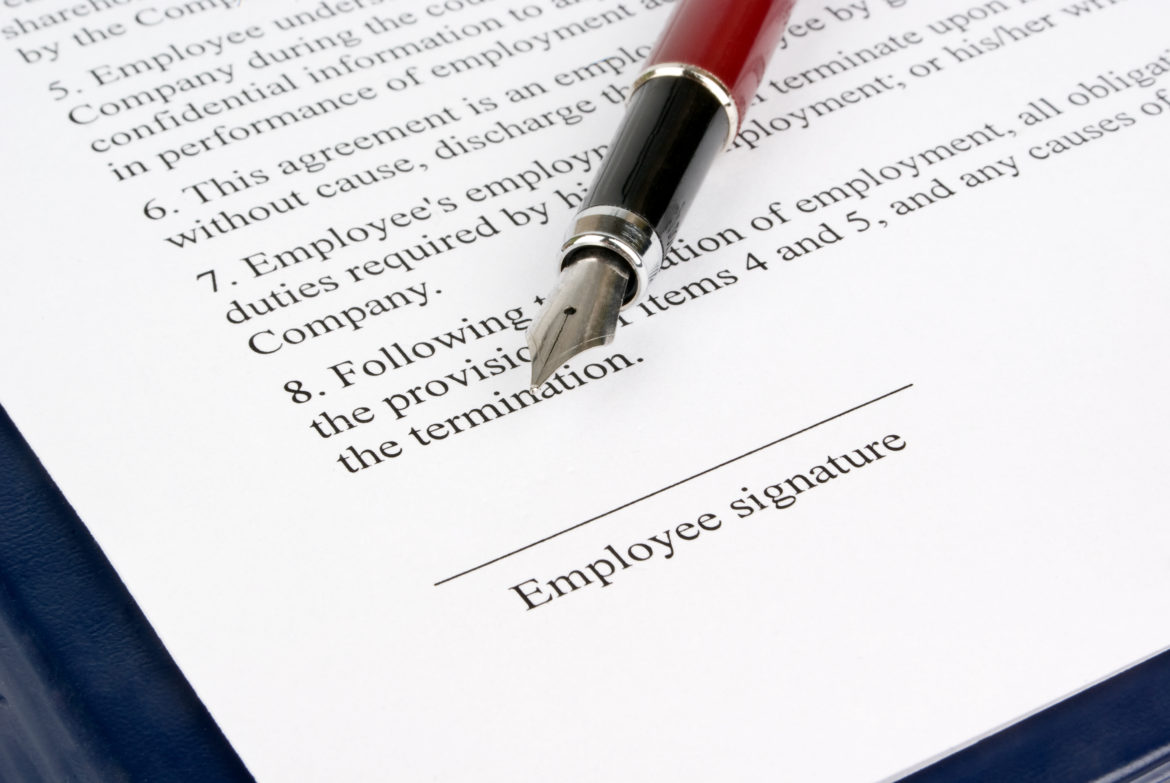Footballer Israel Folau Test Case has provided an interesting case in employment law and what employees can and cannot do when employed. Can Folau test case say the things he did while being employed?
Folau used social media to make a religious point. His contract said he was prohibited from doing so. I will be looking at the issue of religious discrimination and employment law. What is more important? Freedom of religious expression, or adhering to contractual obligations?
Religious discrimination is discrimination on the basis of expression of religious beliefs or membership of a religious group.
Courts have had difficulty in defining the term ‘religion’ as there is no absolute definition of what religions is.
The following features were provided by the High Court as helpful in deciding whether a particular collection of ideas and/or practices should objectively be characterised as ‘a religion’:
• the particular collection of ideas and/or practices involves belief in the supernatural, i.e. belief that reality extends beyond that which is capable of perception by the senses
• the ideas relate to man’s nature and place in the universe and relation to things supernatural
• the ideas are accepted by adherents as requiring or encouraging them to observe particular standards or codes of conduct or to participate in specific practices having supernatural significance
• however, loosely knit and varying in beliefs and practices adherents may be, they constitute an identifiable group or identifiable groups, and
• the adherents themselves see the collection of ideas and/or practices as constituting a religion.
Although discrimination on the basis of religious beliefs is not permitted, there may be legitimate bases for imposing requirements in the workplace which restrict the worker’s freedom to practice a particular religion, such as:
• a religion may prohibit work on a day on which the employer usually operates
• a religion may require a special type of clothing which may not be compatible with safety equipment
• a religion may prescribe dietary restrictions or daily routines during work hours which may be difficult for the establishment to fully accommodate, or
• an employment position may require an oath incompatible with a religious belief or practice.
The Fair Work Act (at s772) states that an employer (amongst other attributes) cannot discriminate against an employee, victimise or terminate them because of their religion.
In the Folau test case, the employee went on social media and posted a message on Instagram which had a purported religious message. He was terminated by his employer, Rugby Australia for breaching the employer’s code of conduct that said that employees should treat everyone with dignity and respect, and not use social media to breach the code of conduct.
What will hold sway in the workplace? An employer’s rights via an employment contract or their employee’s freedom of religious expression.
Folau argues it’s about religious expression and being inhibited from expressing his religious views, or disproportionately so. Rugby Australia will try to rebut the presumption that it is based on religious freedom by arguing that the decision to terminate was based on a pure breach of its code of conduct.
An important principle is that an employer and employee cannot contract outside of the law. For example, if you had a contract which said ‘I’m going to pay you $10 an hour,’ it would be no defence in an underpayment case under the Fair Work Act to say, ‘the employee agreed to it’. A code of conduct (or employment contract) does not override the law.
Folau will argue that he was unlawfully terminated because of his religion. He will say that the Fair Work Act protects him from being terminated because of his religion and that protection should extend to expressing his religious beliefs’, notwithstanding anything in any contract or code of conduct. The provisions of the Fair Work Act (s772) take precedence.
The case is interesting, and it will become a test case if it proceeds. The issues it raises have not been fully tested. There has been very little judicial consideration of this part of the Fair Work Act. Any precedent could also have far-reaching implications because many employees are signing up to a code of conduct. If Folau wins it will mean the balance will go to employees, it will mean a narrowing of employment contracts clauses and also codes of conduct.
What does all this mean?
Employers deal with these issues every day. What do you do with an employee that may express religious or political views openly at the workplace, and then also does it on social media (or other locations outside the workplace? Employers should be careful about disciplining or terminating workers because of these reasons. To do so may be in breach of the law. It is a fine line that will separate discipline for expressing religious and political views and discipline for breaching the contract of employment.







COMMENTS